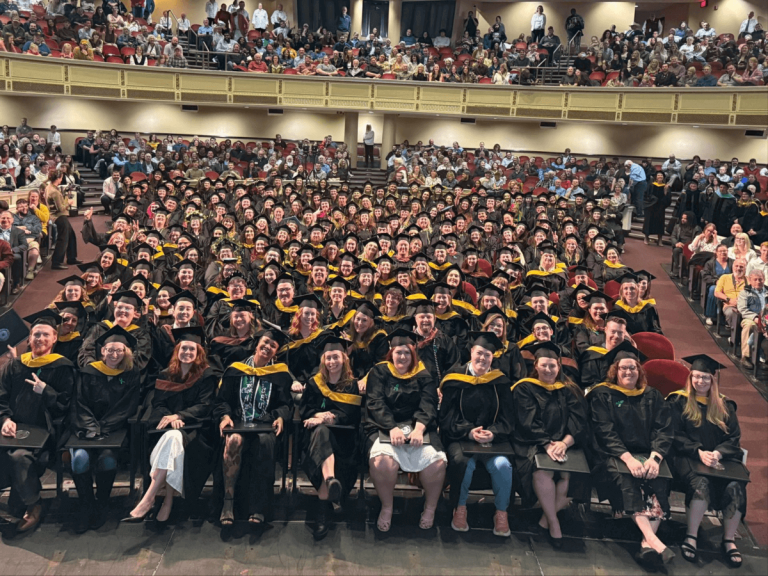Despite the challenges of a recessive economy on the mend, one need not look far to find cause for optimism. The green job market is a growing industry and Unity graduates are poised for success. Not only has the green economy moved into pre-existing sectors like transportation, but many new fields are emerging daily. Some of these new fields such as sustainability coordinators and energy auditors did not exist 10 years ago. These fields now employ thousands of workers in industries previously inaccessible to environmental professionals. At this place in time, businesses, agencies, and organizations have sustainability at the forefront of their practices. Being green used to be popular only among certain micro-pockets (mostly left over from the 60’s), but has now infiltrated nearly every industry.Thinking, working, and living sustainably is a mainstream part of both corporate America and American life, driven by scientific evidence and value-conscious consumers.
“Concerns about corporate impact on the environment and local and global communities are being incorporated into strategic business decisions. Sustainability is becoming part of how companies do business in the United States, rather than being viewed as a cost.”
Most federal agencies are assessing how global climate change will affect natural resources over the next 10 – 20 years. There is an urgency to understand technical scientific research as well as a need to translate that information to the general public. Green employers are looking for workers who understand environmental science, human ecological and economic impact, and utilize essential skills (communication, problem solving, critical thinking, writing); all skills afforded by a liberal arts education. The framework of sustainability science and liberal arts education which is tied into all majors at Unity College, prepare students for the challenges of navigating new and emerging fields by applying critical thinking, communication, and scientific inquiry to the known environmental problems of today and the unknown problems of the future. Whether students go on to become game wardens, scientists, educators, or artists, they are most often motivated by a desire to address the most significant ecological problems of the 21st century. Unity graduates become leaders and advocates who are unwilling to accept the status quo.



